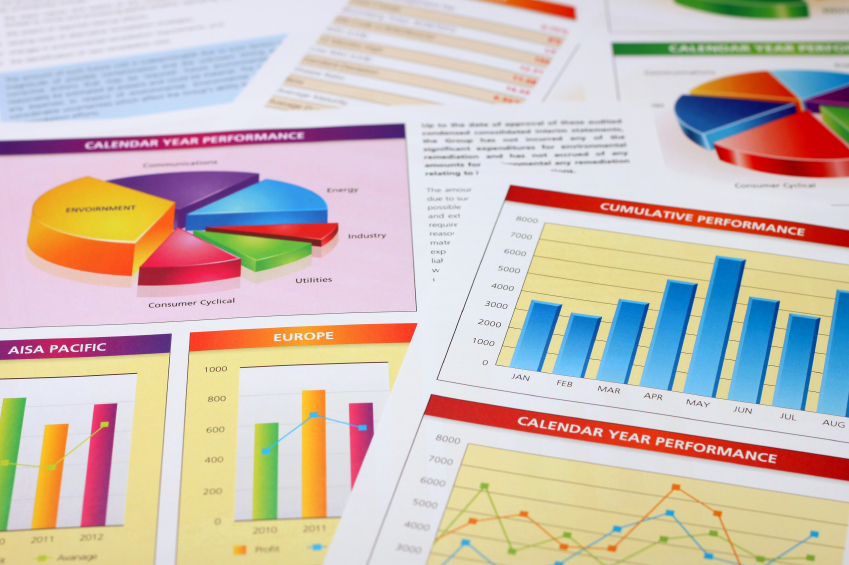Last Tuesday my wife was sick and out of the kindness of my heart, I not only cooked dinner but I also cleaned the kitchen afterwards. For those who don\’t know me, I really don\’t like cleaning up the kitchen. In fact, one of the times I knew I wanted to marry her was when she agreed to clean the kitchen if I did all of the cooking.
After dinner, in her sick/sniffling voice, I distinctly remember her telling me, “You\’re the best husband ever,” to which I responded, “I\’m a great husband for you.” What husband says that after hearing his wife pay him a compliment? Who thinks to themselves, “Am I the best husband ever? Am I a better husband than Justin Timberlake or Hugh Jackman?” And I didn\’t stop at comparing myself to Justin Timberlake or Hugh Jackman. Nope, I went further down the rabbit hole by asking her “why use a superlative to describe my value as a husband?” (Side note: it\’s never a good idea to probe your wife for more detail, especially when she\’s sick and feeling like crap).
Perhaps that example speaks to my inability to accept compliments, but it\’s more likely because I analyze words for a living. For example, when I\’m doing analysis on a food product, I\’m always looking to see if respondents describe it as “good tasting,” “great tasting,” “best tasting,” or “delicious,” because those little words are huge when identifying the value people place on a food item\’s taste. When doing this analysis, in the back of my mind I ask myself, “Does this person truly feel this one product is the singular, best food that they\’ve ever tasted, or is it just a function of superlatives becoming more commonplace.
For me personally, it seems that superlatives are becoming the go-to words we use to describe something. Everything seems to be the “biggest”, “shiniest”, “fastest” … the “best”, because after all, don\’t we deserve the best? But is that the actual reality? What is a client supposed to do in a superlative-laden landscape? Here are some of my suggestions:
- Context matters – probe when superlative words are used to get more detail about why people feel this way and to better understand if they truly perceive something as the best or not
- Dare to say you\’re just great – given the overuse of superlatives, people may become or are already are immune, discounting your words as hype or unrealistic; dare in your communication to say you\’re just great and let people make up the distance between great and the best on their own
- Be unique – if you must use a superlative, consider using a unique superlative rather than a superlative cliché (such as delicious, beautiful, etc.) to stand out from the crowd; You’re bound to find one unique superlative when you talk with hundreds of respondents
Lastly, for just one day I\’d like you to keep a running tally of whenever you notice a superlative being used, whether it\’s in advertising, conversations with friends, family, co-workers … I\’m curious what that number is. Please tweet your number @QuesterMR, so we can see just how commonplace superlatives are.

